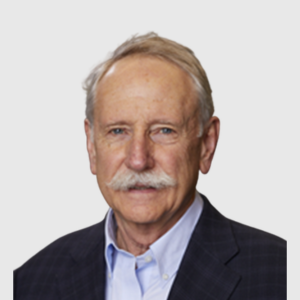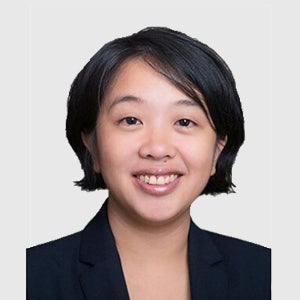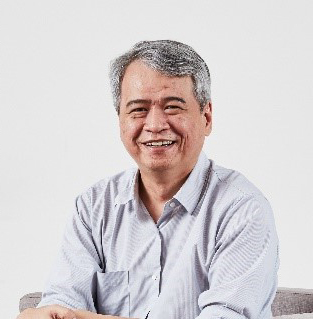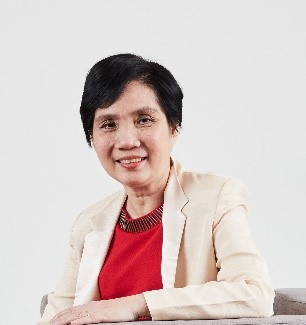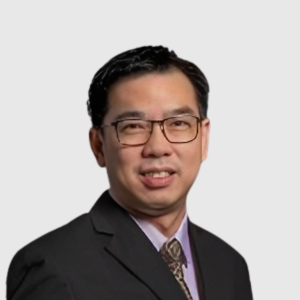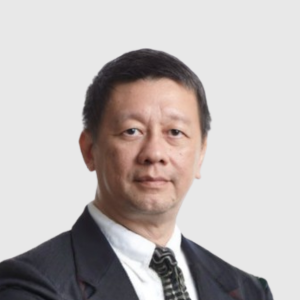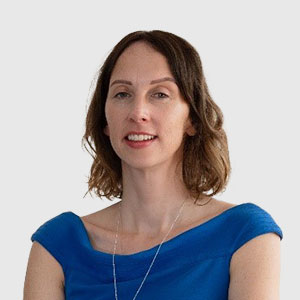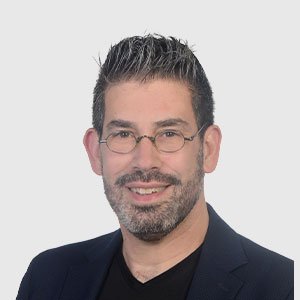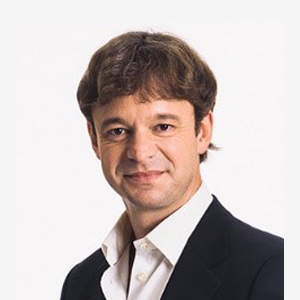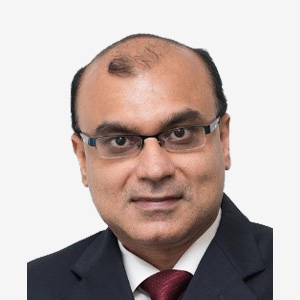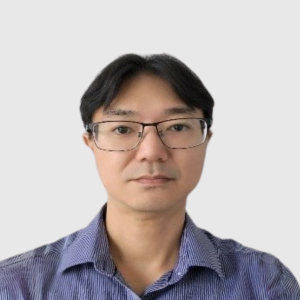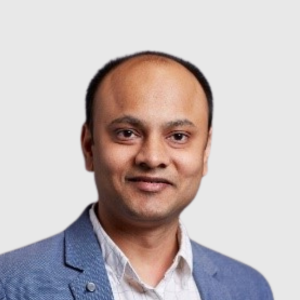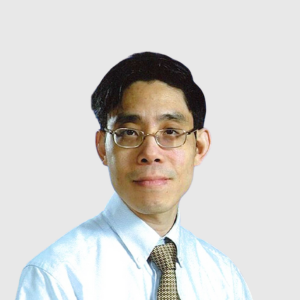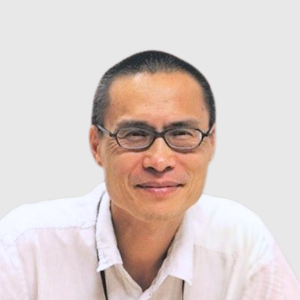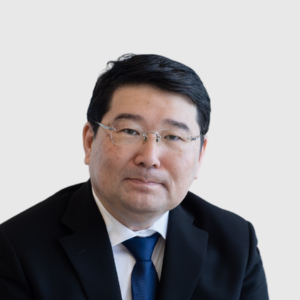Winners of the NUS Medicine Outstanding Research Fellow Award 2022
The Outstanding Research Fellow award recognises the efforts and achievements of our research fellows who have demonstrated excellence in all areas of research, service, mentoring, and leadership at the NUS Yong Loo Lin School of Medicine.
We are pleased to announce that the following candidates have been selected to receive the NUS Medicine – 2022 Outstanding Research Fellow Award.
| Awardee | Department/Translational Research Programme |
|---|---|
| Dr Nurulhuda Binte Mustafa – Winner | Medicine, and NUS Centre for Cancer Research(N2CR) TRP |
| Dr. Tai Yee Kit – First Runner Up | Surgery, and NUS Centre for Cancer Research (N2CR) |
| Dr. Ira Agrawal – Second Runner Up | Physiology, and Healthy Longevity Translational Research Program |
Dr. Nurulhuda Binte Mustafa
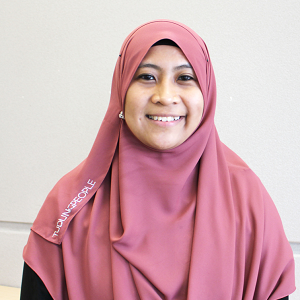
Dr Huda is translational cancer scientist with an avid interest in creating novel therapeutic modalities that can induce durable responses against aggressive blood cancers through immunotherapy and oncoprotein degradation. She has cultivated numerous research collaborations with pharma industry, clinicians, and medicinal chemists to develop findings which drive the initiation of clinical trials and patents supporting novel drug applications for bench to bedside impact. Dr Huda’s research has attracted substantial funding from both industry and national grant bodies. Her recent work on the role of extracellular vesicles in monoclonal antibody resistance received an outstanding achievement award at the 2021 American Society of Hematology international meeting. Outside the lab, Dr Huda spends her time advocating for her peers. She co-chaired Singapore’s first ever National Postdoc Symposium in 2021, leading a national conversation between postdocs and national research leaders to advance the professional aspirations and development of early career scientists.
Here are some excerpts of what Dr. Nurulhuda’s mentees have shared about her:
“Dr Huda is passionate researcher who always tries to explore different possible angles of a project and constantly pushes us to read and learn more on various aspects of a project. This is evident in the numerous publications she has made and awards that she has received at various conferences.”
“Dr Nurulhuda is an outstanding leader – one that encourages independence while offering support when needed. Throughout our discussions, she encourages me to draw my own conclusions regarding our experimental results. I believe her leadership skills have empowered me with confidence as a budding researcher. Dr Nurulhuda leaves no stone unturned when looking for viable solutions to critical obstacles faced throughout our projects, which has taught me the crucial skill of navigating and troubleshooting experimental mishaps.”
Dr. Tai Yee Kit
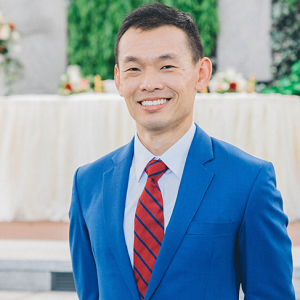
Dr Tai joined the BICEPS (BioIonic Currents Electromagnetic Pulsing Systems) Laboratory as a Research Fellow to unravel the interesting mechanisms and applications underlying magnetic fields in medicine. He and his team of expert scientists recently published a landmark preclinical study that details the feasibility of magnetic fields to enhance the effect of chemotherapy (chemo) on breast cancer. His work clinched his team an Innovation-to-Develop (I2D) grant from the NHIC to perform the first-in-human clinical trial on the magnetic device on breast cancer patients. His work on magnetic fields in other realms of medicine has also resulted in multiple first and co-first author papers as well as one international patent and another invention filed with the Registry of Patents, SG. One of his research goals is to make this non-invasive technology a mainstay for cancer patients to reap the best outcome from chemo, possibly reducing the number of chemo cycles required and thus the risk of chronic side effects associated with chemo.
Here are some excerpts of what Dr. Tai’s mentees have shared about him:
“During that time, Dr Tai demonstrated leadership by being a role model in the laboratory. He was always seen motivating the laboratory members in the course of the various projects in the laboratory. Whenever there were obstacles experienced, he will be the one responsible for brainstorming of ideas and organizing the team to tackle the problem at hand. As a result, the laboratory was able to submit a number of publications from the work that was accomplished.”
“I had witnessed Dr Tai taking the initiative to set up the laboratory, putting in place a system so that the lab operations can run smoothly. His scientific knowledge and past working experience has helped the laboratory developed lab protocols and workflow for muscle biology and cancer research. During the COVID-19 period when we faced with ever-changing social restrictions, he has the foresight to plan ahead so that there were sufficient manpower and resources to continue the ongoing experiments.”
Dr. Ira Agrawal
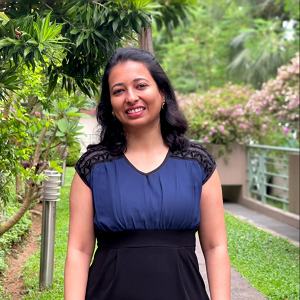
Dr Ira Agrawal is a MOE-NUSMed Postdoctoral Fellow at the Department of Physiology and the Healthy Longevity Translational Program. Her interest lies in integrating multi-omics data to elicit systems-level understanding of glial cell-type specific contributions to neurodegenerative diseases. Her work has led to the identification of key targets and cryptic disease events with therapeutic potential, resulting various high-impact publications and the Swee Liew-Wadsworth Grant Award. A nerd at heart, understanding how and why things work the way they do excites her, and keeps her inspired and motivated. She enjoys stimulating science discussions, and actively takes on teaching, mentoring and service roles to contribute to the scientific community.
Here are some excerpts of what Dr. Ira’s mentees have shared about her:
“In the short time under her supervision, Dr Ira has taught me how to conceive, design, initiate and execute an RNA-seq project from scratch to significant result generation. I personally value independent research & exploration. Dr Ira has always respected that and has nurtured me in that direction through her steady guidance and positive yet honest feedback on my work.”
“During this period, I was very doubtful of my abilities as I was inexperienced in research practices and the technical aspects of my project. Fortunately, Dr Agrawal patiently guided me and provided me with valuable feedback every step of the way. She would frequently schedule checkpoint meetings with me on a weekly basis, which gave me ample time to clarify doubts and discuss ideas.”
Winners of the NUS Medicine Outstanding Mentor Award for Research Fellows 2022
The Outstanding Mentor Award recognises outstanding research fellows who have demonstrated excellence in mentorship and actively contributed to the personal and professional development of students and research staff at the NUS Yong Loo Lin School of Medicine.
We are pleased to announce that the following candidates have been selected to receive the NUS Medicine – 2022 Outstanding Mentor Award for Research Fellows.
| Awardee | Department/Translational Research Programme |
|---|---|
| Dr. Ira Agrawal | Physiology, and Healthy Longevity Translational Research Programme |
| Dr. Mohammad Shaheryar Furqan | Surgery, and Institute for Digital Medicine (WisDM) Translational Research Programme |
| Dr. Thinesshwary Yogarajah | Microbiology and Immunology, and Infectious Diseases Translational Research Programme |
Dr. Ira Agrawal

Dr Ira Agrawal is an MOE-NUSMed Postdoctoral Fellow at the Department of Physiology and the Healthy Longevity Translational Program. Her interest lies in integrating multi-omics data to elicit systems-level understanding of glial cell-type specific contributions to neurodegenerative diseases. Her work has led to the identification of key targets and cryptic disease events with therapeutic potential, resulting various high-impact publications and the Swee Liew-Wadsworth Grant Award. A nerd at heart, understanding how and why things work the way they do excites her, and keeps her inspired and motivated. She enjoys stimulating science discussions, and actively takes on teaching, mentoring and service roles to contribute to the scientific community.
Here are some excerpts of what Dr. Ira’s mentees have shared about her:
“Dr Agrawal gives credit where its due; welcomes and encourages ideas and suggestions from me, thus creating a mutually collaborative and fun working environment”
“She inspired me to value deep, first principles thinking over easy but ultimately destructive mental short-cuts. Her commitment to high-quality, reproducible research is truly praise-worthy and is contagious”
Dr. Mohammad Shaheryar Furqan
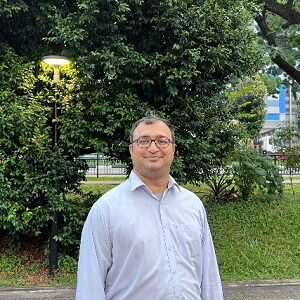
Dr Mohammad Shaheryar Furqan has done his PhD in EEE (linear predictive learning) from NTU. Currently, he is working as Senior Research Fellow at the Department of Surgery (Division of Biomedical Informatics), Yong Loo Lin School of medicine, NUS. Dr Furqan has established active research collaborations within academia and industry partners, both locally and globally. His research interest includes developing Deep learning models for Medical Image Analysis, Casual Inference for Evidence-based Medicine, application of Artificial Intelligence and machine learning to solve Healthcare Challenges, multi-modal Healthcare data analytics, and developing Recommendation systems for Treatment Optimization using Reinforcement Learning.
Here are some excerpts of what Dr. Furqan’s mentees have shared about him:
“He takes great efforts during our weekly review to check how we are doing on a personal level and is keen to provide a listening ear. I am forever grateful for his much-needed advice on how to balance my rigorous academic workload and my internship, in addition to furthering my coding skills.”
“Dr Shaheryar is an inspiring role model I often look up to, always diligently striving to deliver the best we can for our research partners. He always seeks to clarify rather than falsely proclaim. It is this humility and dedication, that make him the best possible researcher, mentor and human being.”
Dr. Thinesshwary Yogarajah
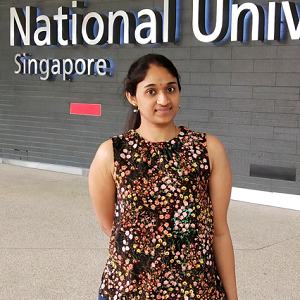
Dr Thinesshwary is a Research Fellow from the Infectious Diseases Translational Research Programme and the Department of Microbiology and Immunology. Her research focuses on antiviral for medically important positive-sense RNA viruses, and virus-host interaction using various in vitro and in vivo models. She has published in high-impact journals and won 2 awards for her publication. She is also the recipient of the NUSMed Postdoctoral Fellowship Award in 2019. Dr. Thinessh’s passion for education has always led her to mentor many undergraduate and graduate students. She has established active collaborations both locally and globally as she aspires to play a role in driving the advancement of molecular biology beyond laboratory settings.
Here are some excerpts of what Dr. Thinesshwary’s mentees have shared about her:
“During last 2 semesters, I grew up both physically and mentally. The journey with Dr Thinesshwary made me understand that it takes time and efforts to success. While there will be failure so you must face them, and you must think and keep a clear mind when doing anything.”
“Dr Thinesshwary is very passionate about ensuring my success in research, and cultivating important skills like critical thinking, problem solving and presentation finesse necessary in achieving my goals and further my intellectual and professional independence”.


